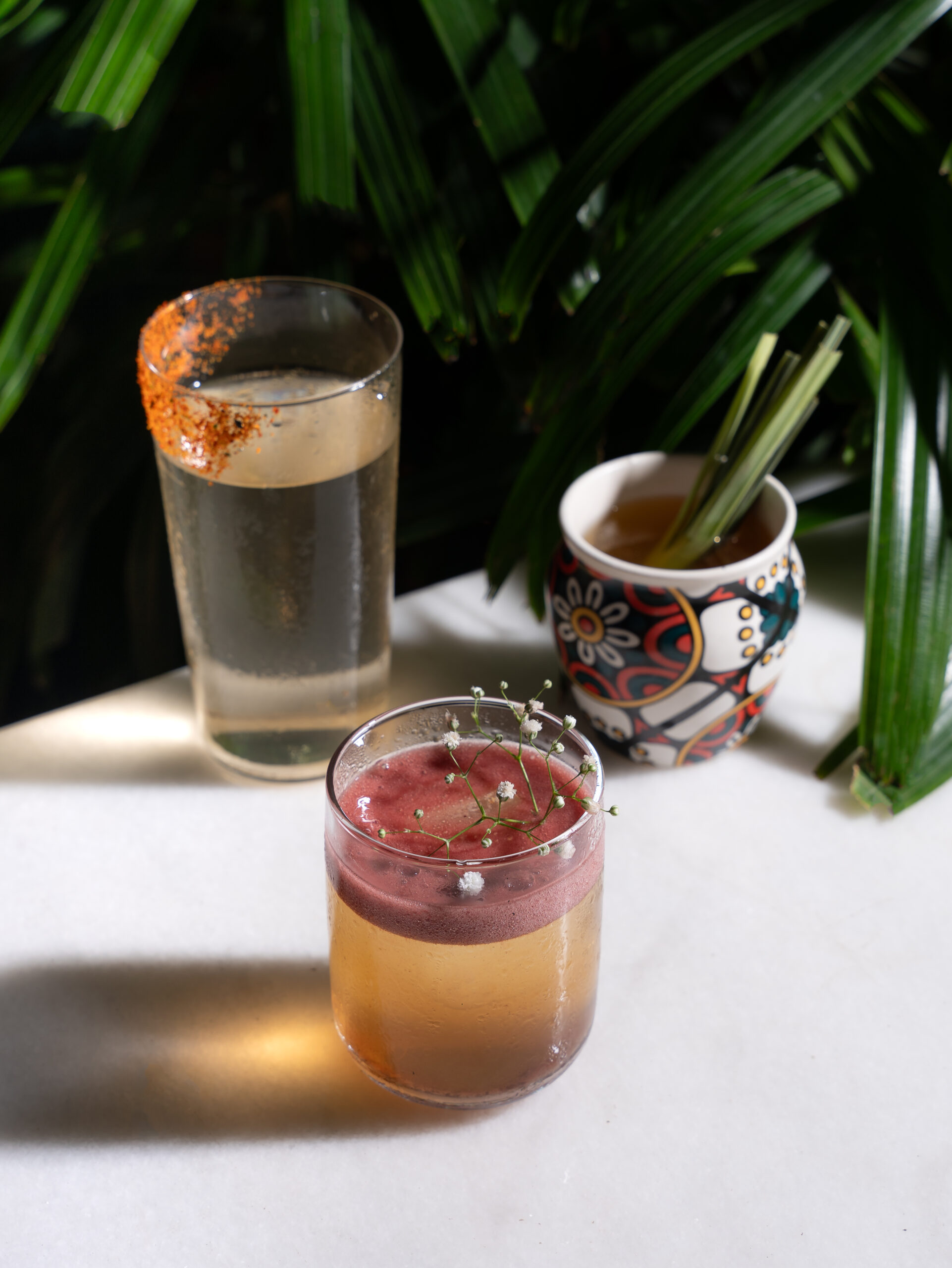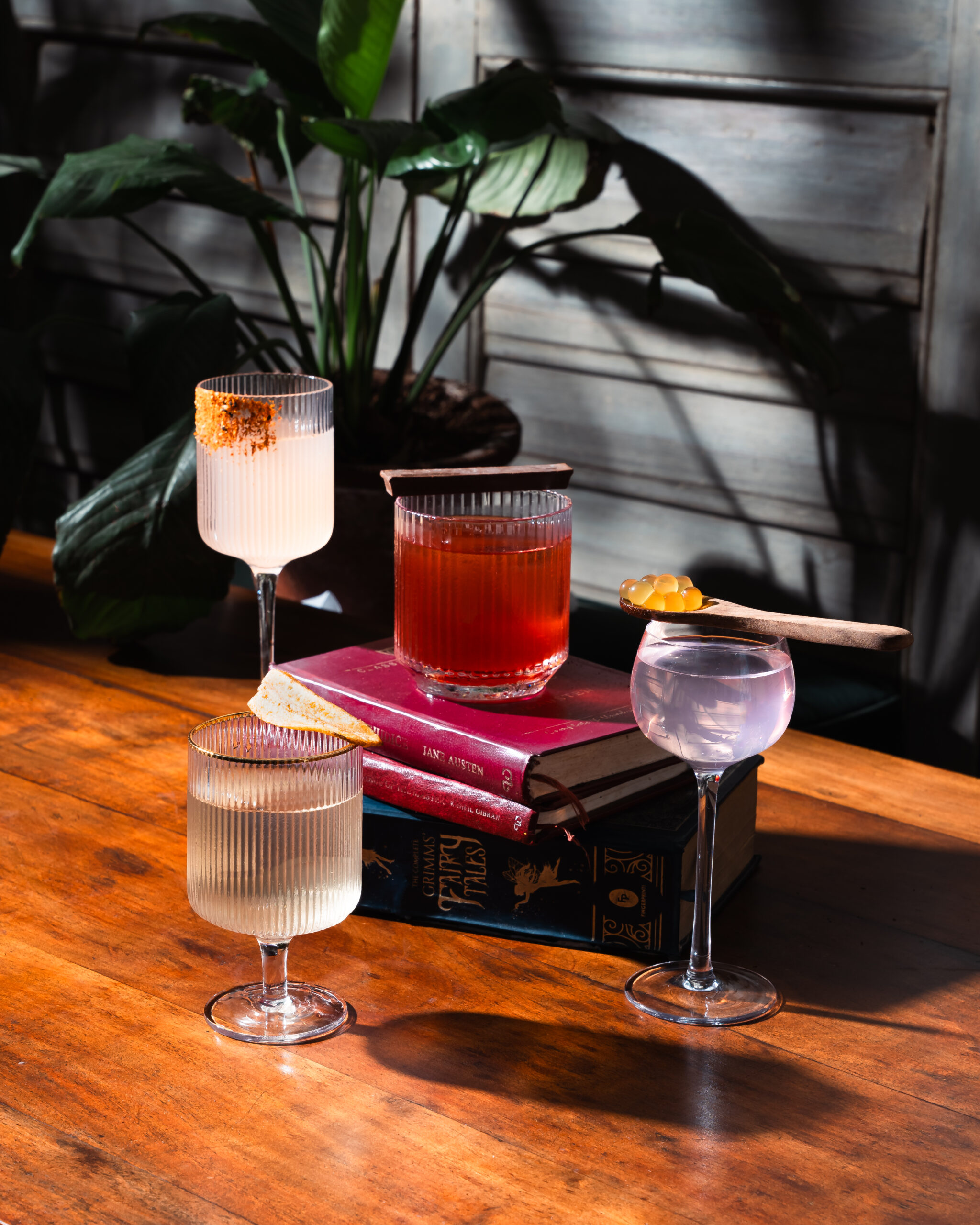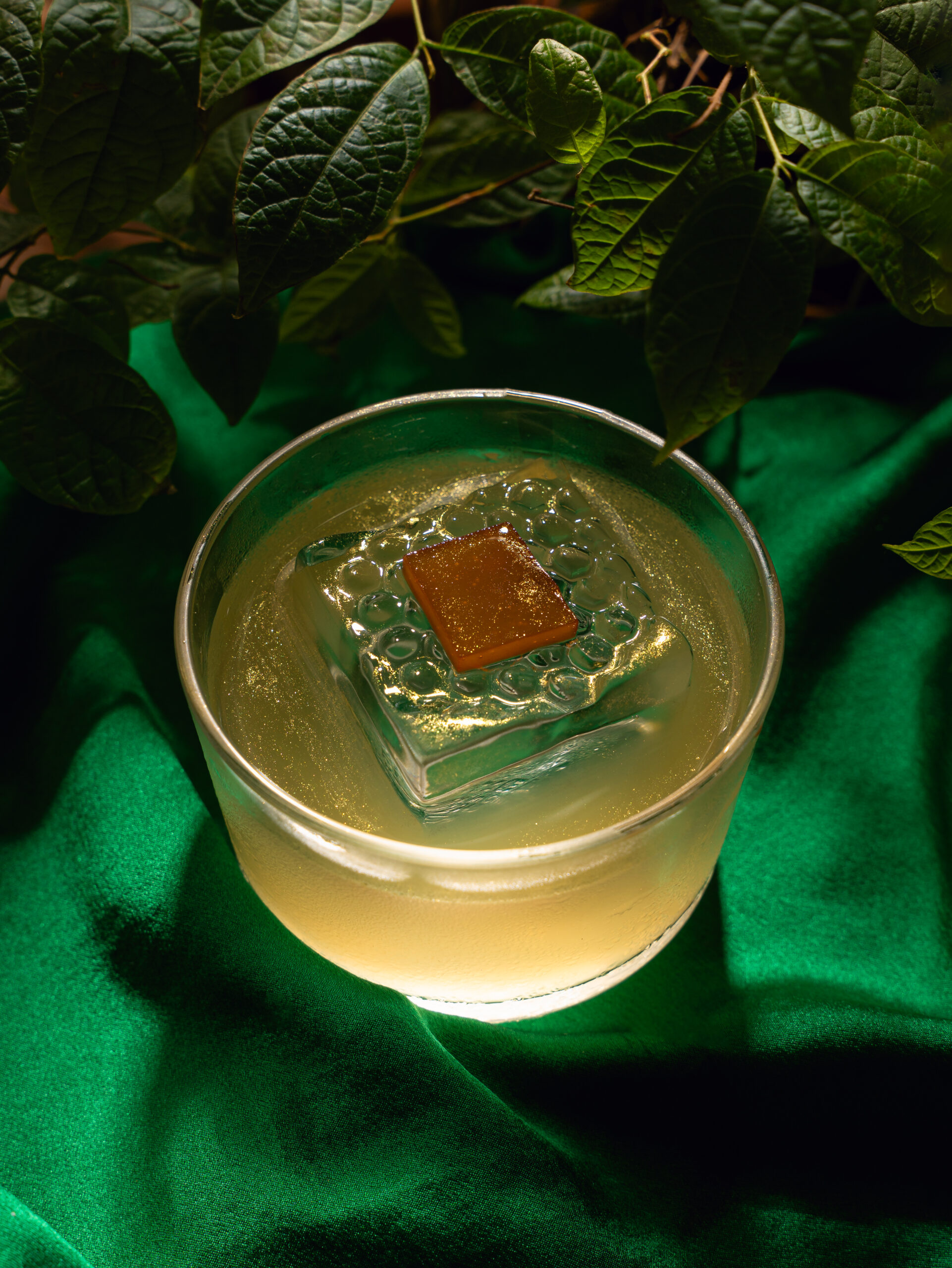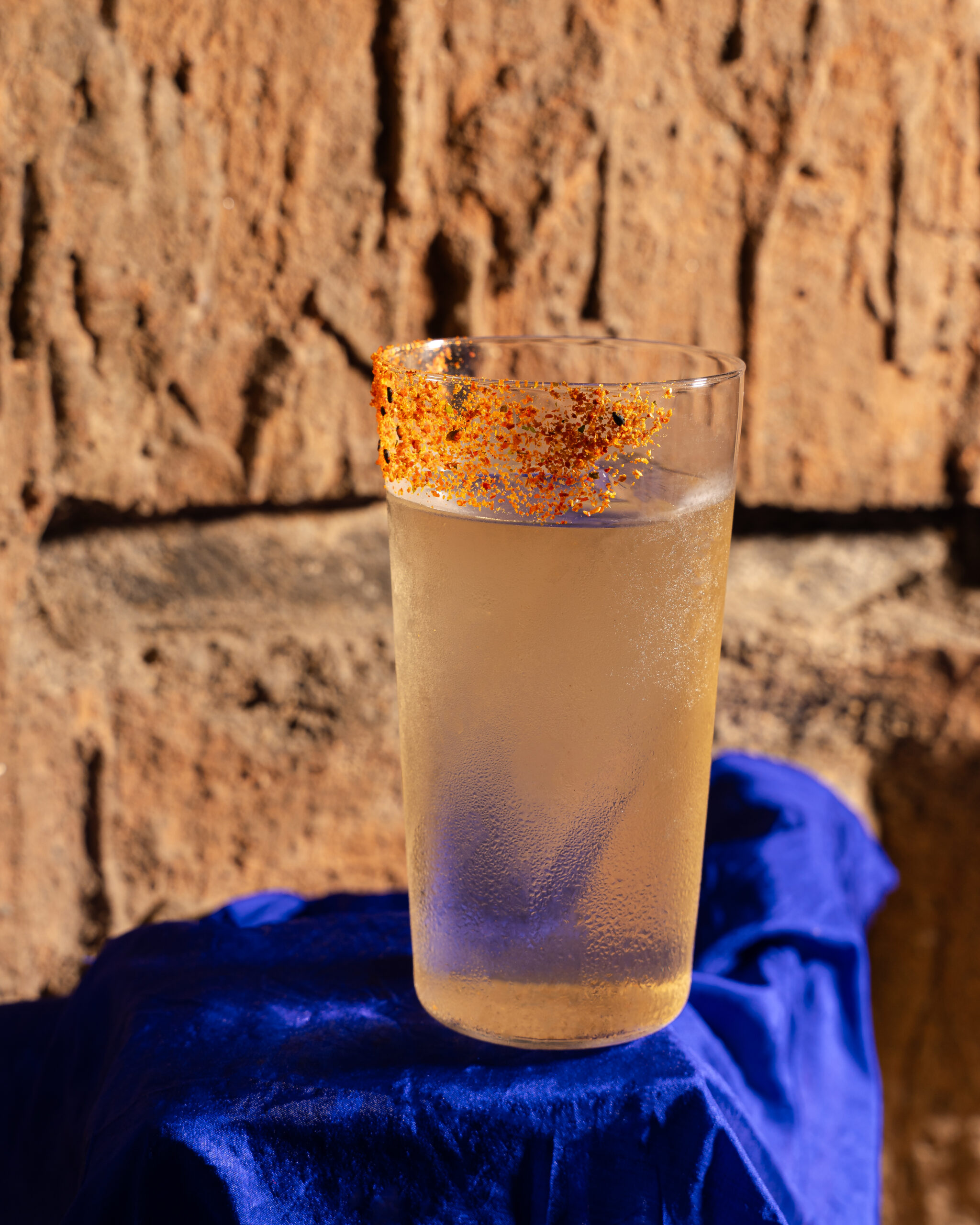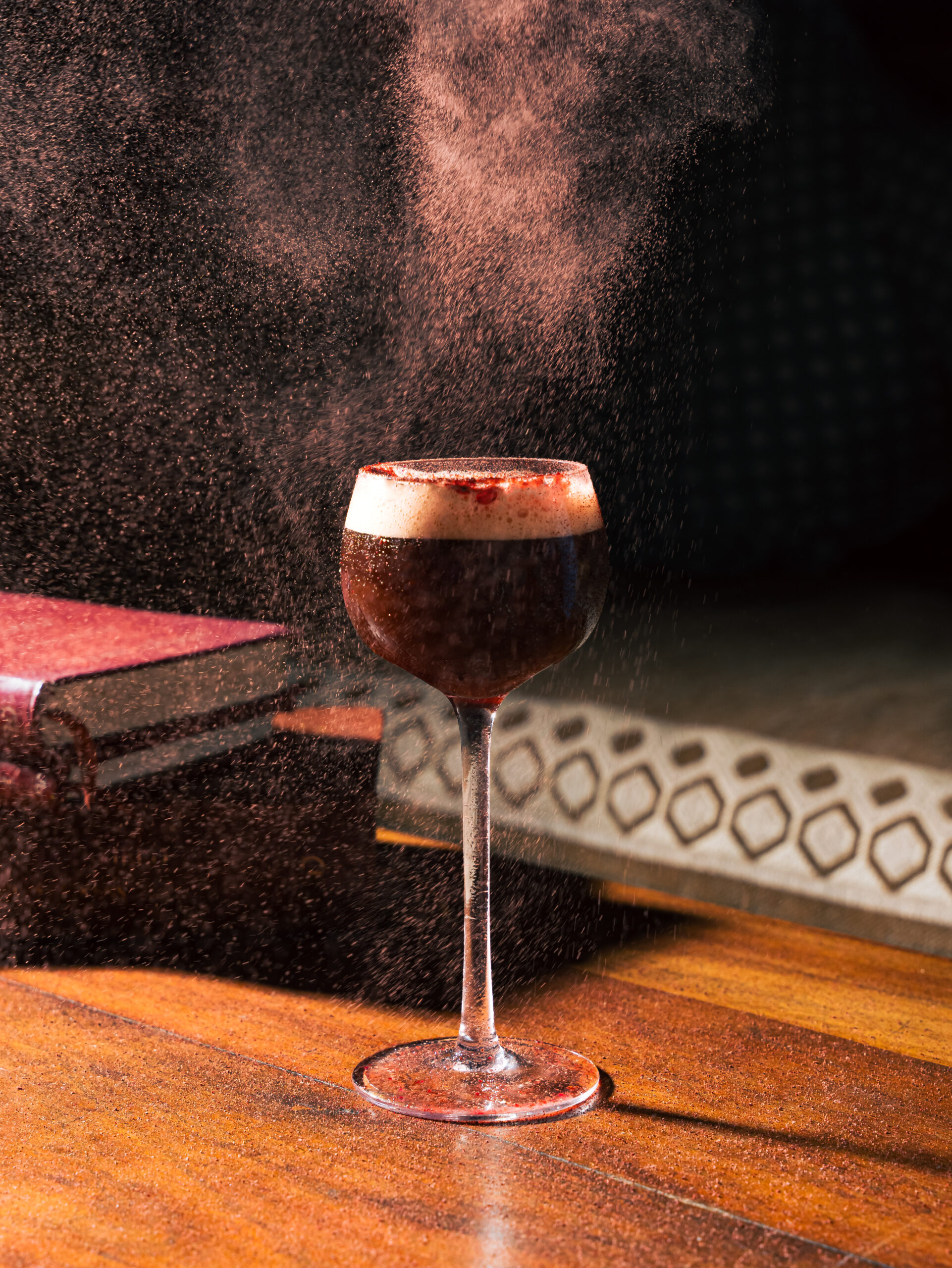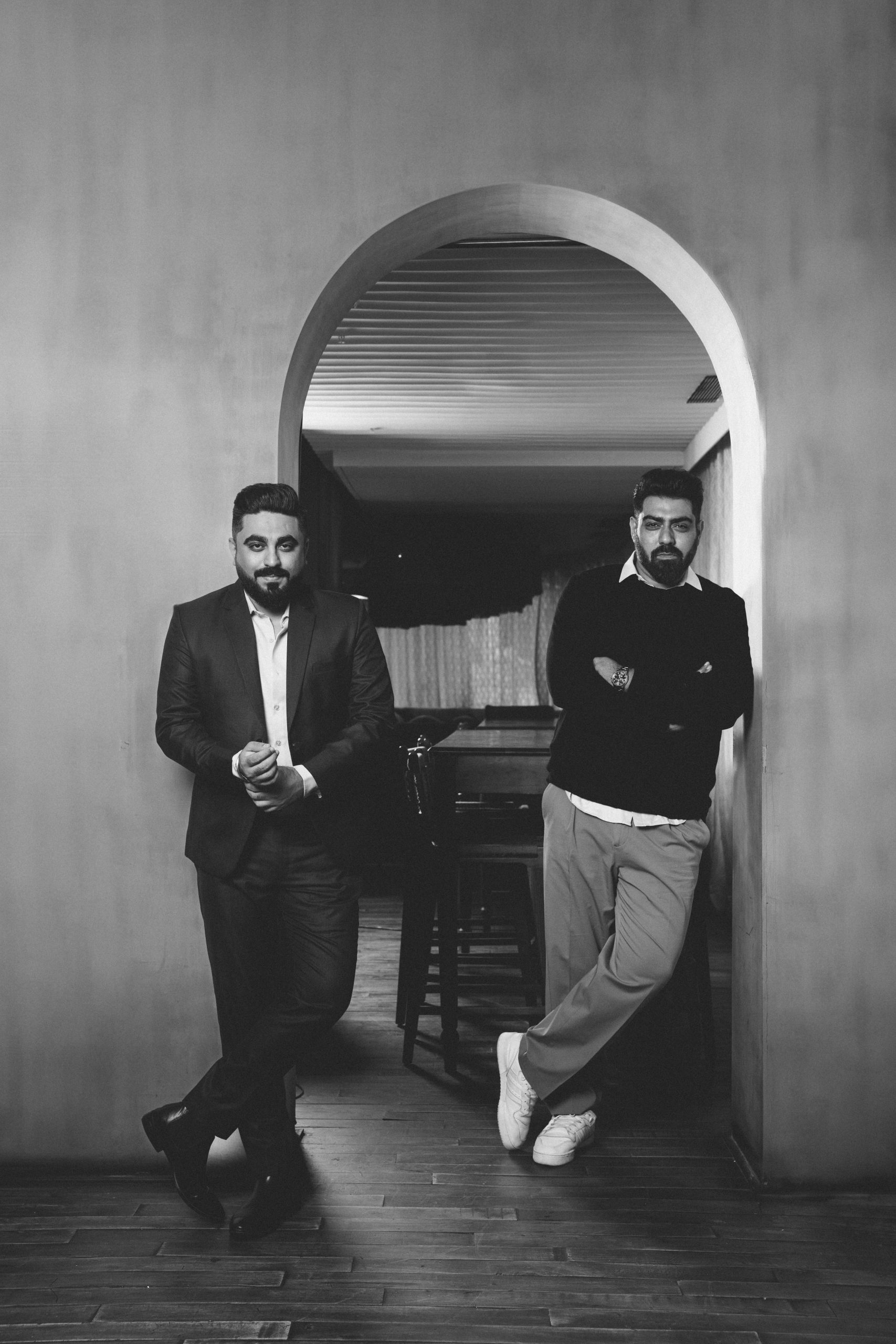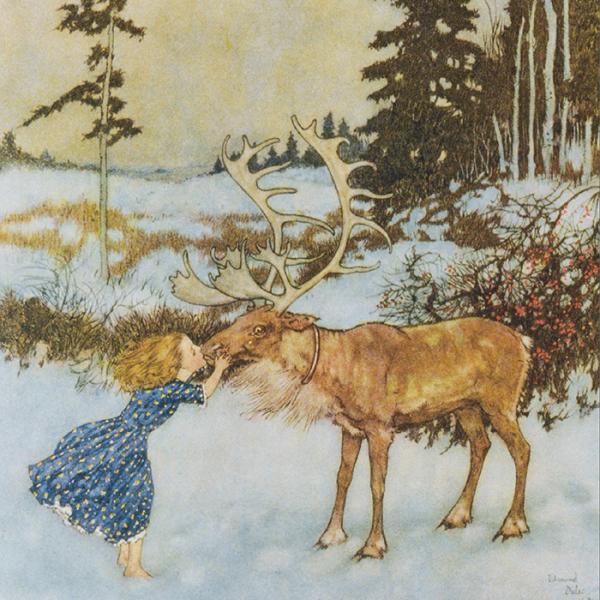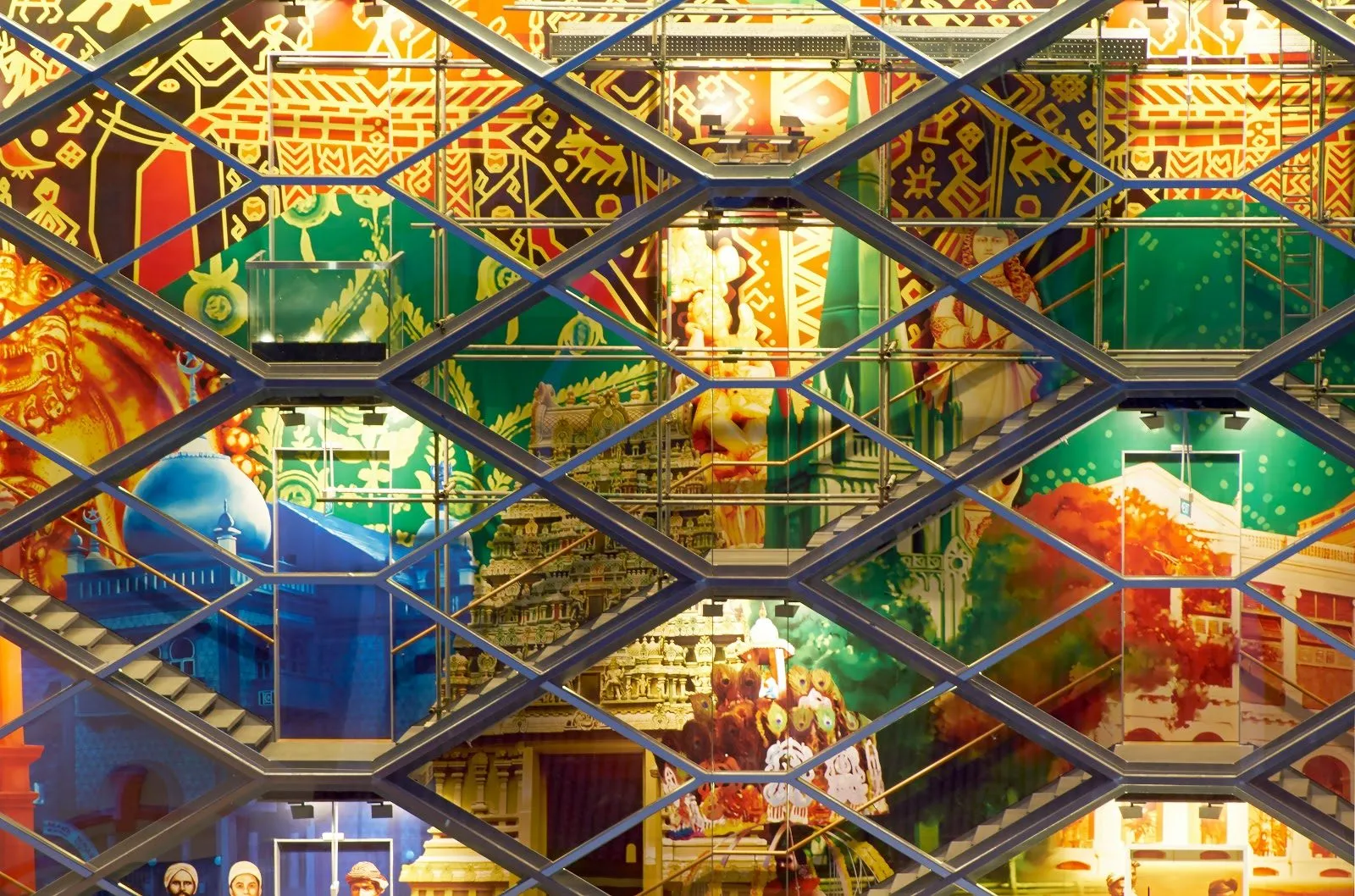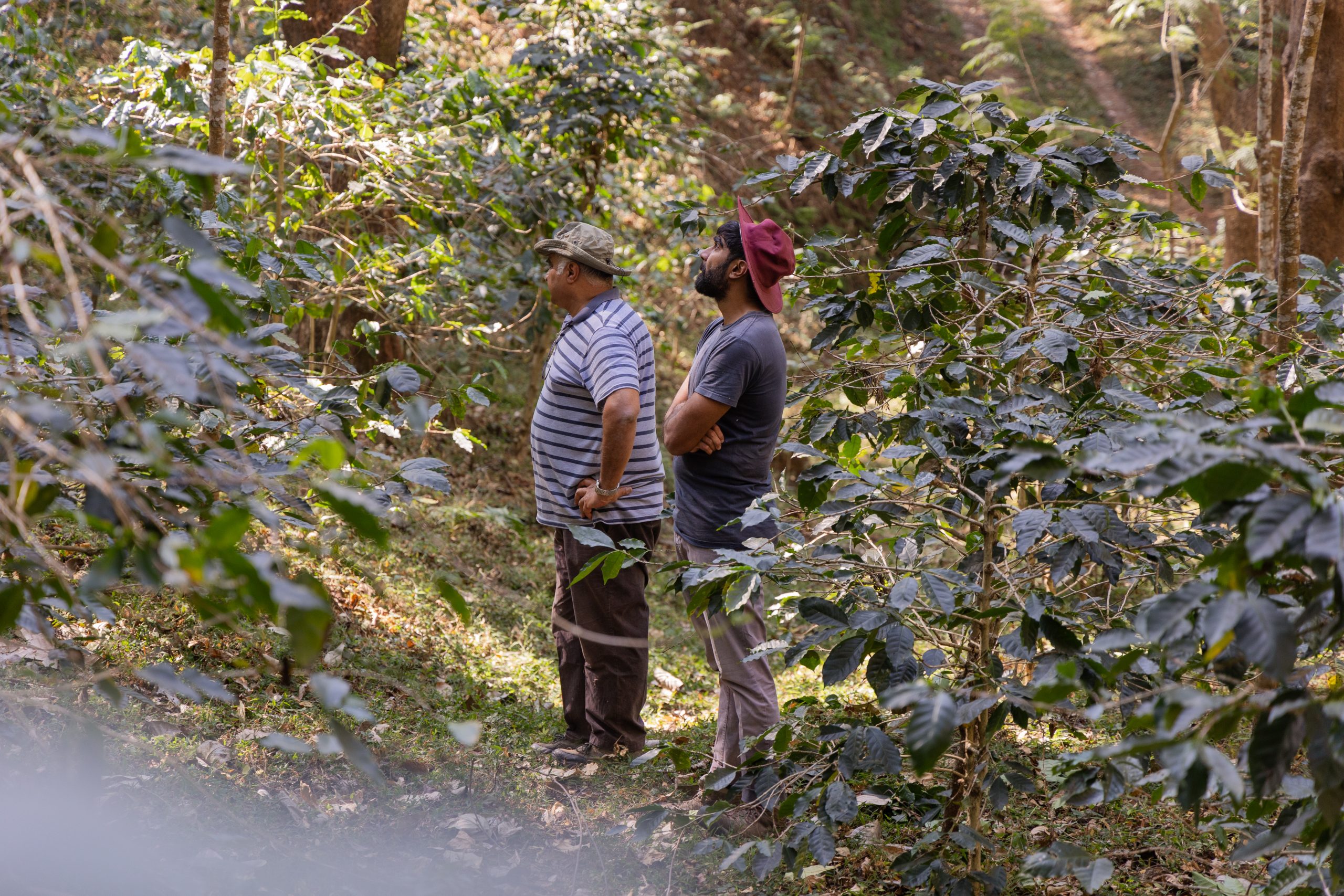Hidden behind an inconspicuous wall of vines and a password protected gate, Passcode, also known as PCO, is one of Mumbai’s hidden gems and one of the only speakeasies in the city. Nestled within the historic NRK House, a treasure trove of India’s textile heritage, PCO Mumbai draws inspiration for its newest cocktail experience from a place often overlooked for its rich history.
The innovative menu, called “An Ode to Textiles”, is a carefully curated collection of liquid narratives, where each concoction bears the distinct signature of one talented mixologist. These cocktails are carefully crafted to reflect the rich tapestry of India’s textile mastery. Paying homage to NRK House and India’s various textiles, each cocktail is a personification of the weave and the cultural history behind it.
Raw Silk; Brocade; Kalamkari; Chiffon
The menu showcases each fabric that has inspired the particular cocktail and lets the patron have a feel of the fabric they are about to taste, to further immerse themselves in the history of that particular textile. The creative inspirations behind these concoctions draw from a rich variety of fabrics, including the timeless elegance of Banarasi, the ethereal charm of Chiffon, the regal allure of Paithani, the sustainable grace of Hemp, the luxurious warmth of Pashmina, the intricate beauty of Kalamkari, the artisanal storytelling of Kantha, the velvety richness of Corduroy, the silky opulence of Satin, the sheer simplicity of Muslin Cloth, the natural allure of Raw Silk, the resplendent grandeur of Kanchipuram Silk, and the vibrant tie-dye tradition of Bandhani.
The first cocktail I tried was the Paithani, which is a traditional Maharashtrian fabric. The flavours of the cocktail and spirit were dominating and bittersweet – similar to the fabric, which is a mix of juxtapositions. As a textile, the Paithani has intricately woven gold zari threads to create a visually dominating design, on the base of a coordinated colour palette. In a tribute to this venerable textile with a history spanning 2500 years, the mixologists opted for a distinctive approach by crafting a homemade liqueur infused with the essence of one of India’s most time-honoured and ancient vegetables: the bitter gourd. A bitter gourd, as a sabzi or a pickle, is essential in most Maharashtrian households and reflects how the Paithani is more than just a textile; it is a marker of cultural identity.
Next was the Banarasi as a cocktail, which was a clear parallel to the fabric and the community which crafts it. Banarasi fabrics, known for their ancient craftsmanship, are made by carefully weaving four threads together to create a soft, smooth, and shiny cloth. The cocktail takes inspiration from these fabrics and blends four main ingredients with Paan spices to create a balanced and flavorful drink. It’s garnished with a betel leaf, a traditional symbol often seen on Banarasi textiles, adding a touch of elegance and heritage to the cocktail. The cocktail also contained a distinct hint of the traditional paan delicacy (an after-meal delicacy or palette cleanser), which was a clever touch to portray the intricate practices of banarasis.
The Pashmina felt like being wrapped in a pashmina shawl – everything about the cocktail was light, playful, refreshing and cool. Pashmina became famous during the time of the Mughal Empire when people fell in love with Kashmiri shawls made from super-soft pashmina wool. This fabric is famous for being incredibly soft and comes from the high Himalayan regions of Kashmir and Tibet. The cocktail is inspired by these Himalayan places and includes goji berries and peaches from the mountains. The presentation of the cocktail was simple, much like a pashmina shawl, but it conveyed everything that the fabric is.
Raw Silk; Satin
The Hemp was a cocktail that was effortless and versatile, much like the fabric which is used for various things. Hemp was among the first plants people cultivated, and the fabric made from it is tough, breathable, and suitable for all weather. Hemp likely arrived in India from Asia, which inspired the use of fragrant lemongrass and delicate jasmine pearl tea in this cocktail, symbolising the fabric’s versatile strength. Similarly, the cocktail was easy-going but had dominating notes in it, which mimicked the strength of the fabric.
I ended the experience with the Brocade, which felt like a luxurious dessert in the form of a cocktail. Brocade, which is typically used for fancier clothing, is famous for its intricate woven patterns. It has a long history and has been embraced by various cultures worldwide, from Japan to the Americas. To honour the elegant and refined characteristics of this versatile fabric, this cocktail combines floral and savoury flavours with bittersweet coffee Rosso and the comforting warmth of bourbon. The cocktail definitely mimicked the allure and fanciness of the brocade and reminded me of the perfect end to a meal.
The Bandhani
Each concoction under this artistic menu is a chapter that unfolds with every sip, allowing you to connect with the vibrant threads of history, tradition, and artistry that define India’s textile heritage. It’s an invitation to explore the nuances of texture, colour, and flavour in perfect harmony. Rakshay & Radhika (The Dhariwal Duo), the brains behind PCO, attempt to create something out of the ordinary in this new menu, presenting their customers with a range of cocktails that takes from the textile history of India. This is an endeavour to make an experience at PCO not just a regular bar night in the city – but one that’s steeped in stories of textiles and history.
Words by Esha Aphale.
Images courtesy of PCO Mumbai.
